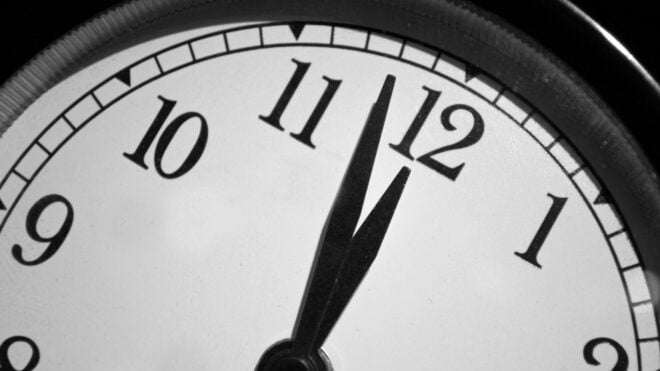
Kissing is something humans do everyday as an act of endearment and affection, but have you ever wondered where it came from? Well, you’re about to find out — and it’ll likely be nothing close to what you thought it would be. A new study titled, “The Evolutionary Origin of Human Kissing,” was published in October 2024 in the scientific journal Evolutionary Anthropology. The study suggests the history behind locking lips.
The research was led by Adriano R. Lameira, an associate professor of psychology at the University of Warwick in England, and has revealed some interesting details about the amorous act.
More from LittleThings: 10 Things You Should Absolutely Never Do While Kissing
Lameira suggests in the study that kissing came from instinct, and originally started as a way to groom another person. “Evidence supports that kissing isn’t a derived signal of affection in humans,” he told the Daily Mail. “It instead represents a surviving devolved, vestigial form of primate grooming that conserved its ancestral form, context and function.”
He also theorized that it started off as a lice-removal technique, stating that the act of sucking with pursed lips was a method to remove tics and lice from one another’s fur.
According to the study of apes, “kissing is likely the conserved final mouth-contact stage of a grooming bout when the groomer sucks with protruded lips the fur or skin of the groomed to latch on debris or a parasite.” The professor added, “This made grooming important for hygienic purposes given the high parasitic load on the ground.”
But because humans evolved with less body hair, the nature of kissing also evolved into what it is today.
More from LittleThings: Women Without Husbands Or Kids Are Happier & Live Longer Than Others, According To Study
Lameira says the act of kissing gained sexual connotations around 2 to 4 million years ago. Why its meaning changed “remains more speculative,” and more study needs to be done on how kissing and sex became intertwined. “Only once kissing was used as a general convention for showing affection, could kissing become a mutual mouth-to-mouth act,” he wrote.
As of now, kissing is “a crystalized symbol of trust and affiliation,” the professor described. “Few natural human signals carry the symbolism and social sanctions of kissing.”




